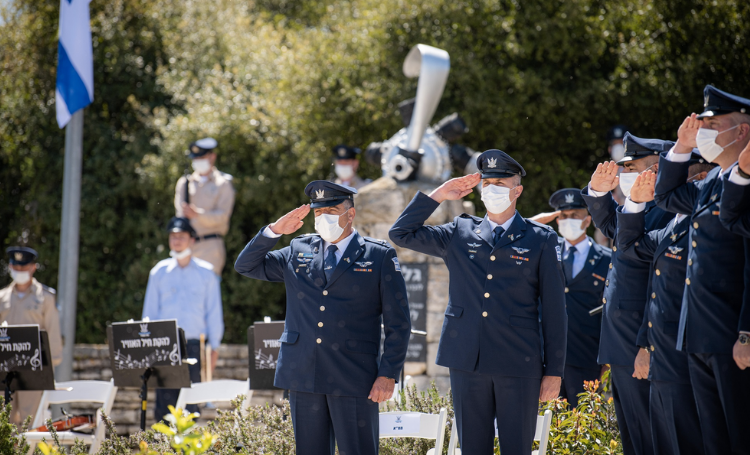Israel’s Memorial Day, and it is not celebrated with barbecues but with tears of ultimate grief. And as so many Israelis mourn for their precious fallen fathers and mothers, sisters and brothers, sons and daughters, and friends and comrades, it is not the same for Jews outside of Israel. Reading about Dov Indig’s life is one way to bridge that gap.
Dov Indig fell in combat fighting the invading Syrian army on the Golan Heights and was just 22 years old. He was a dedicated yeshiva student and part of the Religious Zionist movement as are a disproportionately high percentage of the soldiers who have fallen fighting against Hamas since last year.
Letters to Talia is a collection of correspondence between a kibbutz-born secular Israeli high school girl and Dov. Even though its words were penned decades ago it is a timeless work. The Hebrew edition of the book was originally published in 2005 and became hugely popular, selling tens of thousands of copies. Unfortunately, somehow the book never achieved the status it so richly deserves outside of Israel. Gefen Publishing released the English translation in 2012. One way for American Jews to share in the mourning this year is to read Dov’s book.
Letters to Talia is eerily reminiscent of Self-Portrait of a Hero: From the Letters of Jonathan Netanyahu 1963–1976. Both reveal the tragic loss that Israel has suffered by sacrificing its best and brightest on the fields of battle for generations: Nearly 25,000 soldiers will be remembered on Yom Hazikaron this year.
Many of the letters in the book center around Talia’s desire to put the Jewish religion in proper context in her life as a modern, thinking young woman, and Dov’s answers to her questions, as well as glimpses into his army experiences.
What makes the book so moving is not just the emotion that each writer attaches to their search for truth, but the commitment they demonstrate to the Jewish People, their love of the Land of Israel, and their faith in the State of Israel.
The topics tackled encompass an entire range of issues from the Israeli surrender of Sinai to women’s rights, and from emigration to the Diaspora to a critique of Western culture. Interrmarriage is discussed as are books as widely disparate as Erich Fromm’s The Art of Loving (1956) and the Book of Job.
Talia: I really envy you that you were on the Golan Heights. I love hiking there more than anywhere else in Israel.
Dov: How fortunate we are that we are privileged to be soldiers in the IDF [Israel Defense Forces], which defends the lives of Jews in Israel and throughout the world.
Talia: We thought that our amazing victory in the Six Day War would put an end to wars, and that the Arabs would resign themselves to our existence, but it turns out that we made a mistake.
Dov: I am happy to hear from you that most of the kids hold that it is forbidden to give up Sinai and it is forbidden to be tempted by the promises of the Arabs, who until today have broken all of them.
Read Letters to Talia for yourself; you will be moved by the experience. Grow close to Israel and thank G-d for the blessing of Israeli soldiers.


